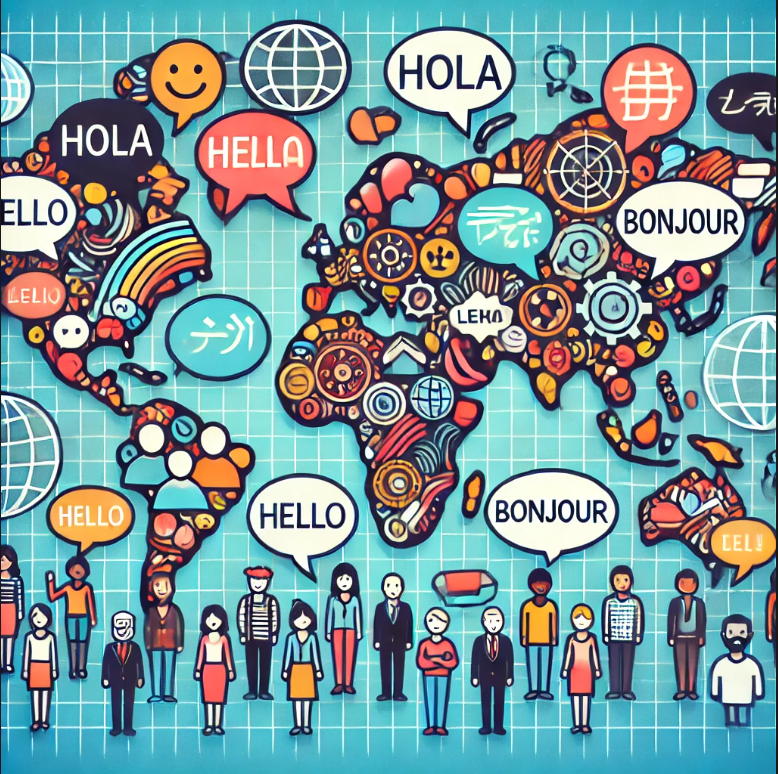English translations are now a key part of daily work for many people and companies. As the world becomes more connected, international communication is more important than ever. Many people use automatic tools like Google Translate. These tools seem helpful, but are they really good enough for English translations?
Lack of Precision and Contextual Mistakes in English translations
One big problem is a lack of accuracy. This can cause cultural mistakes and sentences that sound unnatural. Google Translate often gets words wrong, especially in complex texts. Context is important, but the system does not always choose the right meaning. Because of this, many English translations sound awkward or incorrect.
Regional Differences in the English Language
English is not the same everywhere. British, American, and Australian English all have different words, grammar, and accents. Google Translate does not always recognize these differences. This can lead to confusing or incorrect English translations.
Challenges with Idioms and Informal Phrases
Idioms and slang are difficult to translate. Every language has phrases that do not make sense when translated word for word. In English translations, many expressions need a different way of saying them in another language. Google Translate often translates them literally. This can change the meaning or make them sound strange.
Problems with professional English Translations
Google Translate struggles with business, medical, or legal texts. These fields use specific words that must be correct. A bad translation can cause confusion or even legal trouble. It can also harm a company’s reputation. Professional translators understand these subjects and can ensure accuracy.
The Importance of Formal vs. Informal Language in English Translations
Formal and informal language are not the same. In English, this is important for writing. Google Translate does not always know when to use a formal tone. This can make business emails, legal documents, or marketing texts sound wrong.
Privacy and Data Security
Privacy is a big concern when using online translation tools. Many texts contain personal or secret information. Translating them with Google Translate can be risky. The data could be leaked or stored online. A professional translator keeps this information safe.
Grammar and Sentence Structure Issues
English grammar can be tricky. Sentence structure can change the meaning of a text. Automatic translators often struggle with this. Long or complex sentences can become confusing. A poorly translated text may need extra editing by a human.
Words with Multiple Meanings
Many English words have more than one meaning. This can confuse automatic translators. For example, current can mean “electric current” or “present, up-to-date.” The word bow can mean “a bow for archery” or “a respectful bow of the head.” Google Translate may choose the wrong meaning, causing mistakes.
Difficulties with Creative Writing
Artistic texts, like poetry, are hard to translate. They use metaphors, symbols, and wordplay. Google Translate does not understand these elements. The result of English transaltion is often dull and loses the original beauty.
The Limits of Automatic English Translations
Automatic English translation is useful for short and simple texts. It is fast and easy. However, it has problems with complex, technical, or creative writing. Mistakes in context, tone, and style can lead to confusion. For important translations, human experts are the best choice. They make sure the message is clear, correct, and professional.





